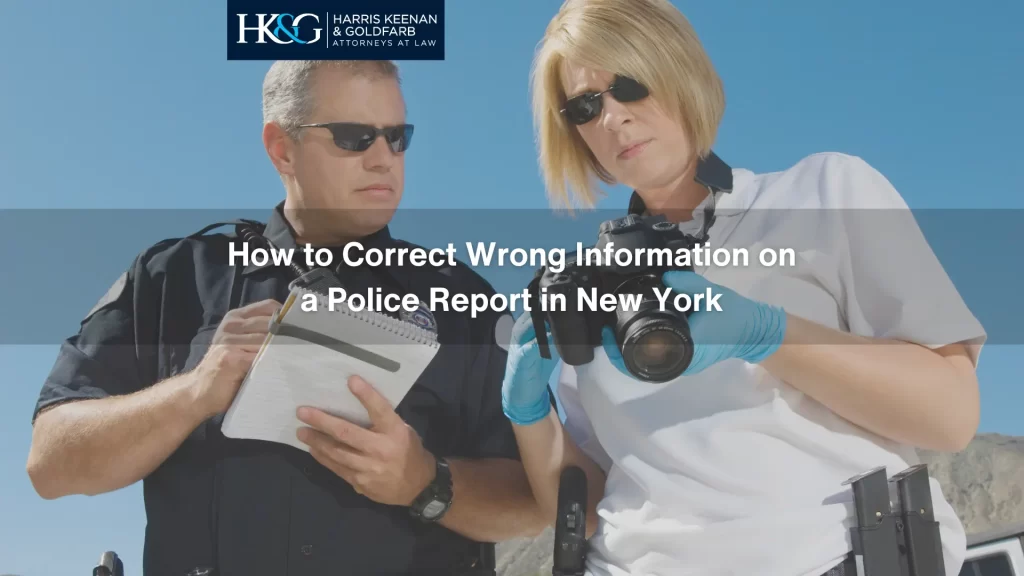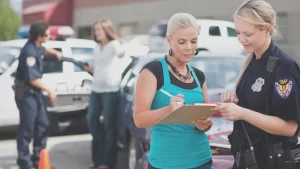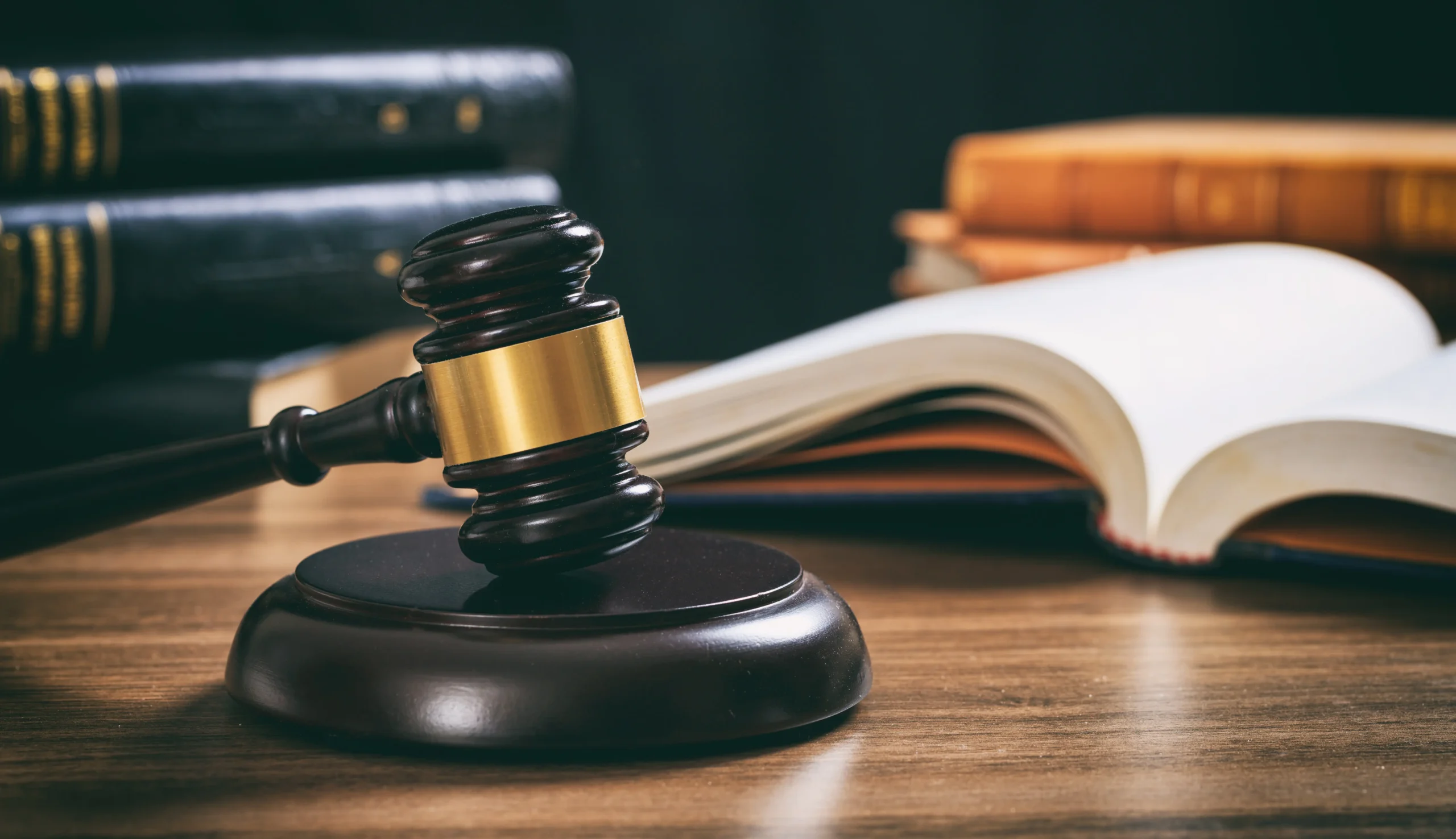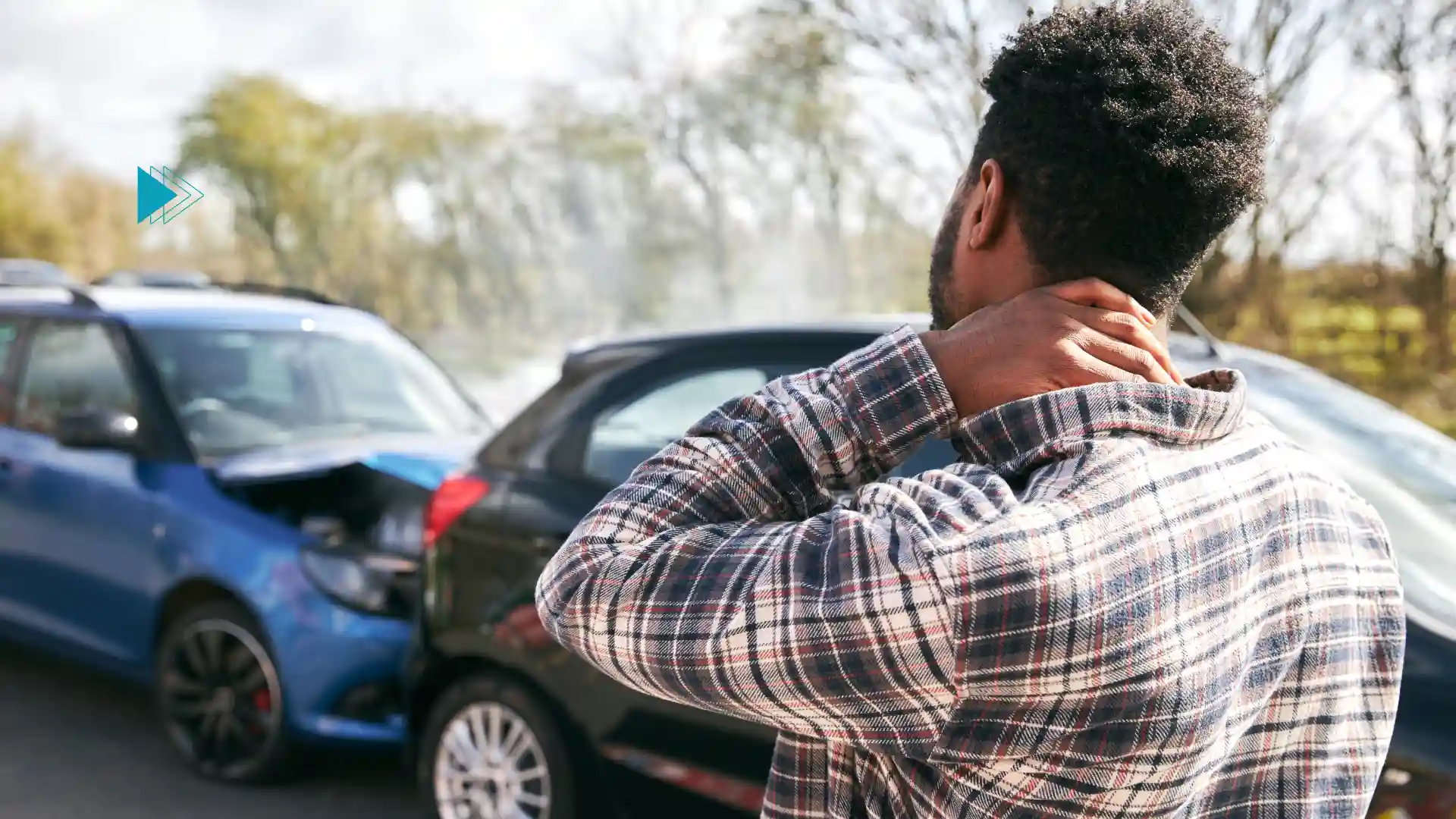A Brooklyn jury awarded Mr. Vargas $17.5 million for the City of New York’s violation of his civil rights for failing to provide him medical care while in custody. The jury found that the police officers involved failed to provide the necessary medical treatment and awarded $17.5 million to Mr. Vargas.
Recommended Articles
Categories
- Accidents
- After an Accident
- Compensation
- Firm News
- Insurance Claims
- Lawsuits
- New York Car Accident Resources
- New York Medical Malpractice Resources
- New York Motorcycle Accident Resources
- New York Nursing Home Injury & Abuse Resources
- New York Truck Accident Resources
- Personal Injury
- Workplace Injury
Practice Areas
Get A Free Case Evaluation
How to Correct Wrong Information on a Police Report in New York

When you sustain an injury in an accident, every detail matters. This includes ensuring the accuracy of all the available evidence, especially the police report. But what happens if the police make a mistake? Can you correct the information in a police report? And if so, how?
The good news is you can correct wrong information in a New York police report. However, doing so usually requires help from an experienced and knowledgeable personal injury attorney. The New York personal injury lawyers at Harris, Keenan & Goldfarb can help you fix an incorrect police report, and this blog will show you how.
The Role of Police Reports in New York Personal Injury Claims
Police reports are pivotal in New York personal injury claims, especially car accident cases. Here’s why they’re so vital and what they typically contain:
- Foundation for Claims: Police reports often serve as the starting point for any personal injury claim. They provide an impartial account of the incident, which is invaluable for your case.
- Determining Liability: One of the key components of any personal injury claim is determining who caused the injuries. A police report can offer insights into the accident’s cause, potentially pinpointing the party responsible.
- Evidence of Damages: Police reports often include details like the point of impact, vehicle damage, and even the injuries sustained. These documented details can be crucial when proving the extent of your injuries and other losses.
- Witness Statements: Police officers usually record statements from witnesses at the scene. This evidence can help prove your claim and explain what occurred during the accident.
- Details of the Event: A police report typically outlines the incident’s time, date, and location. It may also include weather conditions, road hazards, or any other environmental factors that might have influenced the accident.
- Involved Parties’ Information: Police accident reports typically include essential details of all involved parties, like names, addresses, insurance information, and vehicle descriptions. This information can help you build a more persuasive case.
- Officer’s Observations and Conclusions: Toward the end of the report, the attending officer may summarize their observations, potentially drawing preliminary conclusions on the accident’s cause. This section can be particularly influential when both sides of a personal injury claim present their arguments.
How Errors in New York Police Reports Happen
 Police officers are only human and sometimes make mistakes in their reports. Some of the most common causes of errors in New York police reports include:
Police officers are only human and sometimes make mistakes in their reports. Some of the most common causes of errors in New York police reports include:
- Misinterpretation of Facts: The scene of an accident can be chaotic. An officer might misinterpret what they see or hear, leading to inaccuracies in the report.
- Incomplete Information: Sometimes, not all parties involved in an accident remain at the scene, or witnesses might leave before giving statements. This can lead to the officer having incomplete information when writing the report.
- Overwhelmed by Multiple Incidents: On hectic days or large-scale emergencies, officers might handle multiple incidents simultaneously. This can sometimes result in rushed reports or overlooked details.
- Reliance on Witness Statements: Witnesses’ perspectives can vary; what one person sees or believes might differ from another’s account. The report might not encompass the whole story if an officer overly relies on a particular witness.
- Physical Environment: Adverse conditions like rain, snow, or darkness can affect an officer’s ability to thoroughly assess an accident scene, potentially leading to missed details.
- Communication Barriers: Language barriers or miscommunication between the officer and involved parties can result in inaccuracies. For instance, misunderstandings might occur if a driver isn’t fluent in English without an interpreter.
Correcting False Information in a New York Police Report
If you find incorrect information in a New York police report, it’s imperative to correct the report immediately. Here’s what you need to do to fix false information in a New York police report:
- Act Promptly: As soon as the police report becomes available, secure a copy. (Check the NYPD’s online database to get your report.) After reviewing it, contact the reporting officer to discuss any discrepancies you’ve identified.
- Be Respectful: Understand that errors can happen to anyone. Approach the officer politely and respectfully to facilitate a constructive conversation.
- Present Concrete Evidence: Should you detect any inaccuracies, assemble and present thorough documentation to substantiate your claim.
- Submit Your Version: If the reporting officer disputes your perspective, draft a clear statement detailing your account of the events. Once finalized, create a duplicate and request it be added to the official police report.
- Engage a Knowledgeable Attorney: If the police don’t listen to you, they will likely listen to your attorney. Trust Harris, Keenan & Goldfarb in New York to support you.
Our New York personal injury attorneys will gladly help you correct inaccurate information in a police report. Call or complete our contact form for a free consultation.
Related posts
Organize Your Documents After An Accident
Over $500 Million in Verdicts and Settlements
Our track record showcases over $500 million won for our clients. Each victory underlines our commitment to justice and client care. Explore our impact, case by case.
What Our Clients Say About Us

Thank you so much for recovering my injury case from 9 years ago that was dead in the water since the company went bankrupt and there was nothing else to do. Miraculously, you resurrected my case and was able to get a settlement which completed for me the horrific accident and the suffering I endured because of it. HK&G makes miracles happen by getting the job done and seeing that justice is served. Thank you so much.
Susan C.
Jason Steinberg is a great lawyer Donna and Terry were always very professional and kind I will always highly suggest this law firm and team to anyone out their. Thank you again to everyone at this incredible Firm!!!
They got me Justice, and achieved a substantial outcome for my case.
I am very impressed, and thankful for their outstanding performance on my behalf.
I am very pleased, and significantly satisfied with their representation.
‐-
Sherylon Wilkins
6 years ago I had a slip and fall accident at my employers place of business. I reached out to them because I knew that I was being wrongfully treated. They took care of the case, restored my self confidence, and brought so much peace to my problem riddled life.
I can recommend without a shadow of a doubt the services of Harris, Keenan & Goldfarb to anyone who is in need of someone who will have your back!
Frequently Asked Questions
Common questions that prospective clients have about personal injury claims include:
Do I need an attorney?
When you have suffered an injury, it can be difficult to know what to do next. If the injury was caused by someone else’s negligence, you may be entitled to compensation. However, filing a personal injury claim can be a complex and time-consuming process. An experienced attorney can help you navigate the legal system and fight for the maximum possible compensation.
How do I know I have a case?
When should I contact an attorney?
How do I determine which one to choose?
Once I hire an attorney, what should I expect?
Recent News
Find out how to move forward after an unexpected event with our short, helpful articles. We share simple advice that can make a big difference in tough times.
Contact Us
Monday - Friday: 9am - 6pm









































